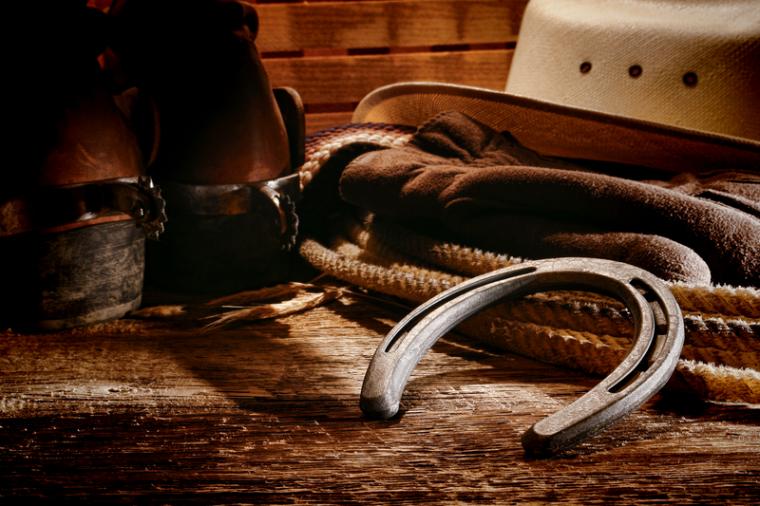

Who knew rodeo was such a cash cow for communities? (Rodeos, that’s who). As we head into fall (the traditional end of the season for those bull riding, barrel racing and bronc-busting events), cities nationwide are writing big success stories and using rodeos to do it.
In Texas, for example, Houston is looking forward to 2022 when its $227 million Houston Livestock Show and Rodeo will return. That rodeo, in addition to bringing in the crowds, supported a total of 3,694 direct jobs and 5,133 total jobs in Greater Houston (2019 figures) over the course of not approximately three weeks in town, but the load-in and load-out it took to put it on.
Rodeos nationwide are continuing to generate big bucks for communities, often in conjunction with county and state fairs. The Benton Franklin Fair & Rodeo in Kennewick, Washington, was held last month. Officials told local media outlets that the 2019 event brought in $18.5 million for Benton County, and they were hoping to come close to that in 2021.
Business operators in Santa Maria, California, reported increased foot traffic, too, during the Santa Maria Elks Rodeo in early September.
As event organizers begin thinking about 2022 and beyond — focusing on reinvigorating local economies — rodeo is likely to work its up the priority list in communities capable of hosting such events. As a by-product, such events give an overview of the importance of industries like agriculture and ranching. And besides bringing in brisk hotel, restaurant and retail business, rodeos embrace local vendors to a much larger degree than many regional youth sports events.
“Each year, hundreds of vendors flock to NRG Park to sell things like boots, hats and other merchandise at the rodeo,” according to Houston Public Media. “For many, the rodeo represents the difference between success and failure for the year.”
More good news for Texas is that the Professional Bull Riders (PBR) World Finals will move to Fort Worth’s Dickies Arena beginning in 2022 as part of a major schedule restructuring for the organization’s premier series. PBR announced in late August that its new “Unleash The Beast” regular season will run from January to May, culminating in a seven-day championship festival spanning two weekends of bull riding and fan activity in Fort Worth. The 2022 dates will be May 13-22.
That means the 2021 PBR World Finals in Las Vegas at T-Mobile Arena on November 3-7 will be the last such competition held in that city. And while it should be noted that PBR brands itself as an extreme sport, rather than a rodeo, it’s bringing in the money – and the crowds, many of whom follow PBR from location to location, bumping up the economic impact still further. And savvy cities are throwing open their doors to it all.
“When it came down to it, Fort Worth is undergoing a renaissance, of sorts,” PBR chief executive officer Sean Gleason told Las Vegas ABC-TV affiliate KTNV. “And it’s a cowboy renaissance that makes it the epicenter of the cowboy values, culture and western lifestyle. And to not be a part of that would be a disservice to the best cowboys in the world.”
Up until 2020, Las Vegas had hosted the World Finals since its inception. IPBR officials moved the event from Nevada to AT&T Stadium in Arlington, Texas, last year.
“[That opened] our eyes to a World Finals in Texas,” Gleason said. “It opened up conversations with the state, the city of Fort Worth, and others. And it ultimately opened our eyes to the opportunities that are there. … We love the city of Las Vegas and I don’t think that PBR would even exist today if it weren’t for Las Vegas. We hope that everybody will understand why we made this business decision, but know that we’re trying to get back there and serve everybody.”
According to KTNV.com, approximately 83,000 people attended the 2019 World Finals in Las Vegas, and the Las Vegas Convention and Visitors Authority estimates the event’s total economic impact on the city was almost $60 million.
Meanwhile, Jason Sands, director of the Fort Worth Sports Commission, called bringing the World Finals to his city “a historic win” that “shows how Fort Worth is attracting the most exciting and important event in professional sports.”

